About
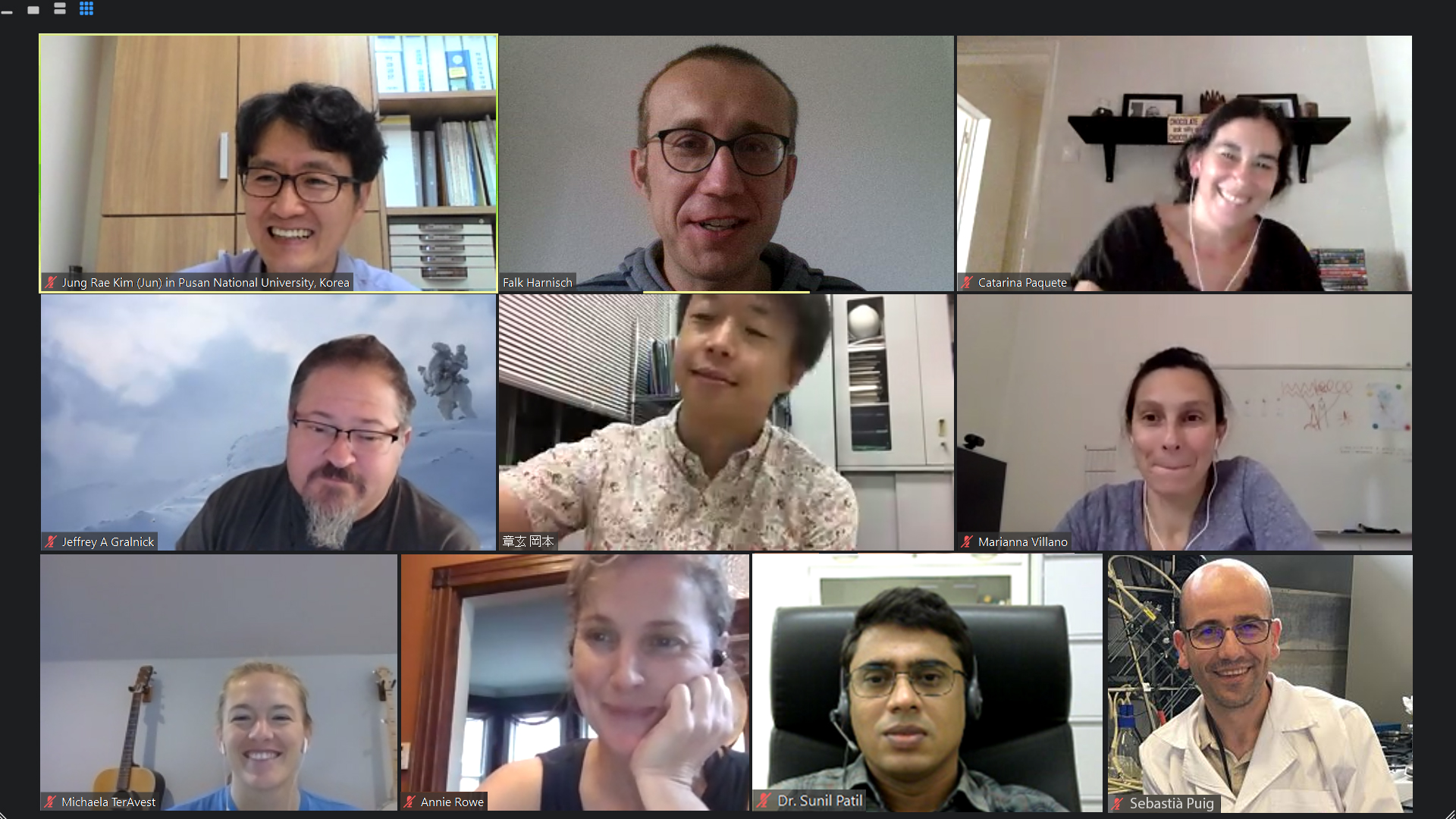
What are Microbial Electrochemical Technologies?
Microbial electrochemical technologies (METs) link a microbial metabolism to an electrochemical system.

METs have a variety of different configurations and potential applications in diverse areas such as bioremediation, wastewater treatment, biotechnological productions, biosensing and many more. The most well known examples of these technologies are Microbial Fuel Cells (MFCs), which generate electrical current by harnessing bacterial metabolism. Electrode-respiring bacteria, capable of donating electrons to negatively poised electrodes, drive electrons from a useable substrate (often proposed as wastewater) through a circuit that ultimately reduces a terminal electron acceptor. This process is very similar to the natural respiration metabolism bacteria use to produce energy. Produced bacterial current can be harnessed for work if a load is added to the circuit.
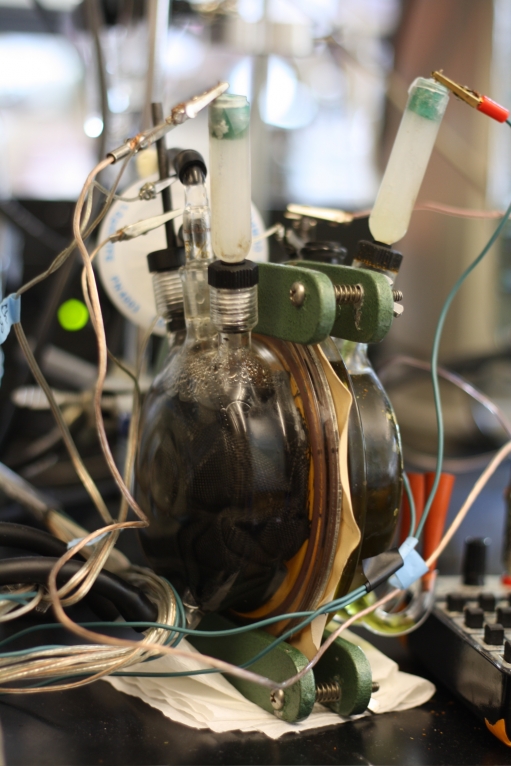
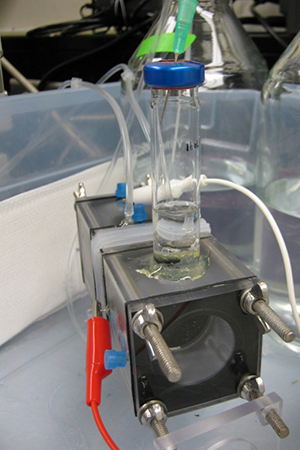
In other applications, not the generation of electrical power is the focus goal but the link microbial electrochemical activity with target chemical productions, for example with Microbial Electrolysis Cells or Microbial Electrosynthesis Cells. In some cases, like bioremediation, the connection to an electrochemical system enables to drive new metabolic reactions, which are of technological or environmental interest.
A number of different mechanisms allow bacteria to respire with charged electrodes but also to consume electrons from an electrode and include: direct via outer-membrane or extracellular proteins, and mediator-based via endogenous or exogenous mediators. Thus, MET research stretches from fundamental to very applied research and from deciphering and engineering microbial physiology via developing and testing interphase materials (such as electrodes and membranes) to designing and engineering applied MET systems.
ISMET lives through the engagement of its community members and is steered by the ISMET Board and organized by ISMET Committees. Every year one third of the ISMET Board members roll of and new community members are elected to serve on the Board.
Board composition
President: Jeffrey Gralnick (outside regional representation)

Dr. Jeffrey Gralnick is a Professor of Microbiology in the Department of Plant and Microbial Biology at the University of Minnesota – Twin Cities and currently the Director of the Microbial and Plant Genome Institute. He earned his PhD in 2003 in Bacteriology from the University of Wisconsin – Madison and was a postdoc at Caltech before starting his own lab at Minnesota in 2005. His research group focuses on modern and classic genetic approaches to understand and engineer electro-active bacteria. He has mentored nearly 70 undergraduates, 13 M.S. / Ph.D. students and 9 postdoctoral researchers. His former students have found successful careers in academia, industry and government. He is an editor for Microbiology (U.K.) and a member of the editorial advisory board for Applied & Environmental Microbiology.
Regionally associated members
North America
Annette Rowe
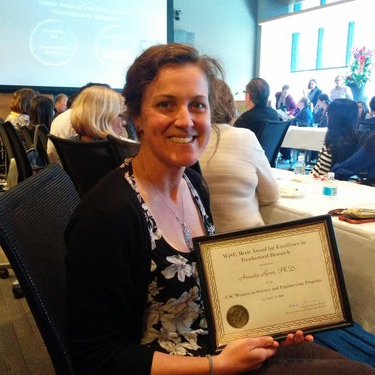
Annette Rowe is an Assistant Professor of Biological Sciences at the University of Cincinnati. She received her Phd from Cornell University in Microbiology and Environmental Engineering. She trained as a postdoc at the University of Southern California working with Ken Nealson and Moh El-Naggar. At UC, her research group focuses on the mechanism of microbe-mineral and microbe electrode interactions in diverse microbial systems, with a focus on mineral oxidizing and cathodic processes and the goal applying this understanding to better facilitate CO2 capture and conversion in both applied and environmental systems.
Benjamin (Keith) Keitz (ISMET treasurer)
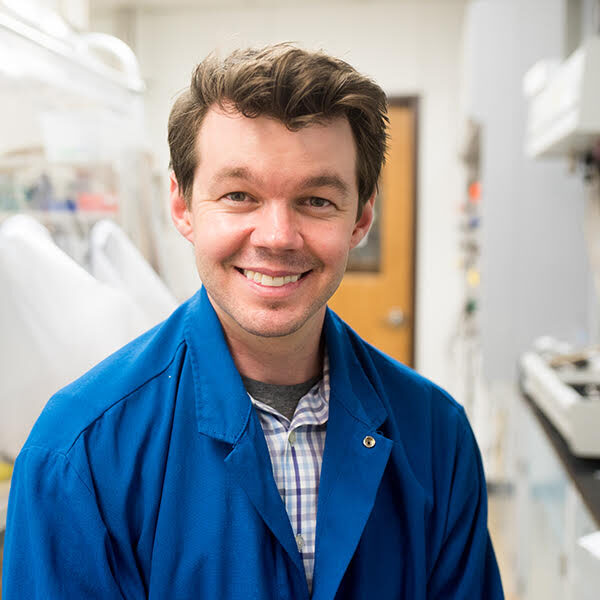
Dr. Benjamin (Keith) Keitz is an Associate Professor of Chemical Engineering at the University of Texas at Austin in Austin, TX, USA. He obtained his Ph.D. in Chemistry from the California Institute of Technology and was a postdoctoral scholar at the University of California, Berkeley before joining the faculty at UT Austin in 2016. Dr. Keitz is relatively new to MET and his group focuses on applying principles from synthetic biology toward the engineering of EET pathways in model electroactive microbes as well as adapting EET for use in new areas including catalysis, materials synthesis, and sensing.
Europe
Marianna Villano
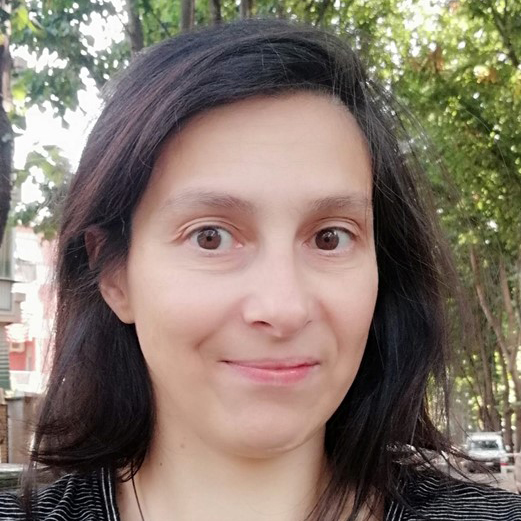
Dr. Marianna Villano is Assistant Professor of Chemical Engineering at the Department of Chemistry of Sapienza University of Rome (Italy). She earned her PhD in Industrial Chemical Processes in 2011, from the same University. Her journey in the world of Microbial Electrochemical Technologies (MET) started during the PhD, when she also spent six months at the Department of Biological and Environmental Engineering of the Cornell University (Ithaca, NY, USA) in the laboratory of Professor L.T. Angenent. Her main research activity focuses on the treatment and simultaneous valorization of waste and wastewater by means of biological processes, primarily exploiting mixed microbial cultures. These include MET for biogas upgrading, nitrogen removal and recovery, control of the products spectrum during the acidogenic fermentation (i.e., electro-fermentation), as well as the electrosynthesis of valuable products from the reduction of carbon dioxide.
Sebastià Puig (ISMET Secretary)
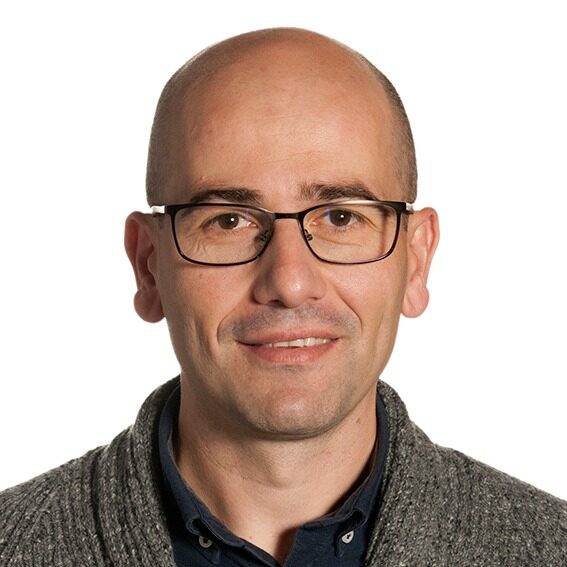
Dr. Sebastià Puig is Associate Professor Serra Húnter at the University of Girona (Spain). His research is focused on environmental and white biotechnology in water and air streams. His idea is to give a second chance to contaminated water and recalcitrant carbon dioxide streams using the METs platform. His scientific production includes 86 publications in international peer-reviewed journals (h-index 33), > 100 congress publications, 14 book chapters and three European patents on microbial electrochemical technologies. He is currently the principal investigator of two EU projects (BioRECO2VER and ELECTRA), one Swedish (ELECTROSYMBIOSIS), two Spanish projects (COOMET and WAFRA) and one industrial EU project as subcontracted (SCALIBUR). Sebastià is the chairman of the EU-ISMET (https://euismet2021.eu/) next September 2021.
Asia-Pacific
Sunil A. Patil

Dr. Sunil A. Patil is an Assistant Professor at the Indian Institute of Science Education and Research Mohali (IISER Mohali). After fruitful stays as the DAAD scholar (2008-2010), Marie Skłodowska-Curie fellow (2011-2015), and senior Alexander von Humboldt fellow (2016-2017) in TU Braunschweig, Ghent University, and Lund University, he started his research group in IISER Mohali in 2017. His current research activities focus on the electromicrobiology of extreme environments, electricity-driven bioproduction from industrial CO2, and integrated biological and bioelectrochemical processes for wastewater management at the point sources. He is on the editorial board of Bioresource Technology Reports since its launch in 2017.
Jung Rae Kim

Dr. Jung Rae KIM is Professor of School of Chemical Engineering at the Pusan National University (PNU), Korea. He received his BS and MS degree in Chemical Engineering at Pusan National University, Korea, and Ph.D. in Environmental Engineering at Pennsylvania State University, USA in 2006 with the thesis of microbial fuel cell. Then he moved into Sustainable Environment Research Centre (SERC), Faculty of Advanced Technology in University of South Wales, United Kingdom. He conducted UK National EPSRC Supergen Biological fuel cell project as senior research fellow in 2006-2012. In September 2012, He joined the School of Chemical Engineering as a faculty member, and opened Bioenergy and Bioprocess Engineering Lab at PNU. His main research aim is to develop sustainable bioelectrochmical system for bioenergy and useful chemical production. Recently, he has carried out several national and industrial research projects of valorization of C1 gases (CO2/CO/CH4), and e-biorefinery for platform chemical productions using bioelectrochemical concept as well as microbial fuel cell. He has published 100 SCI(E) research papers with citing more than 7000 (h-index: 39).
Africa
Janice Limson
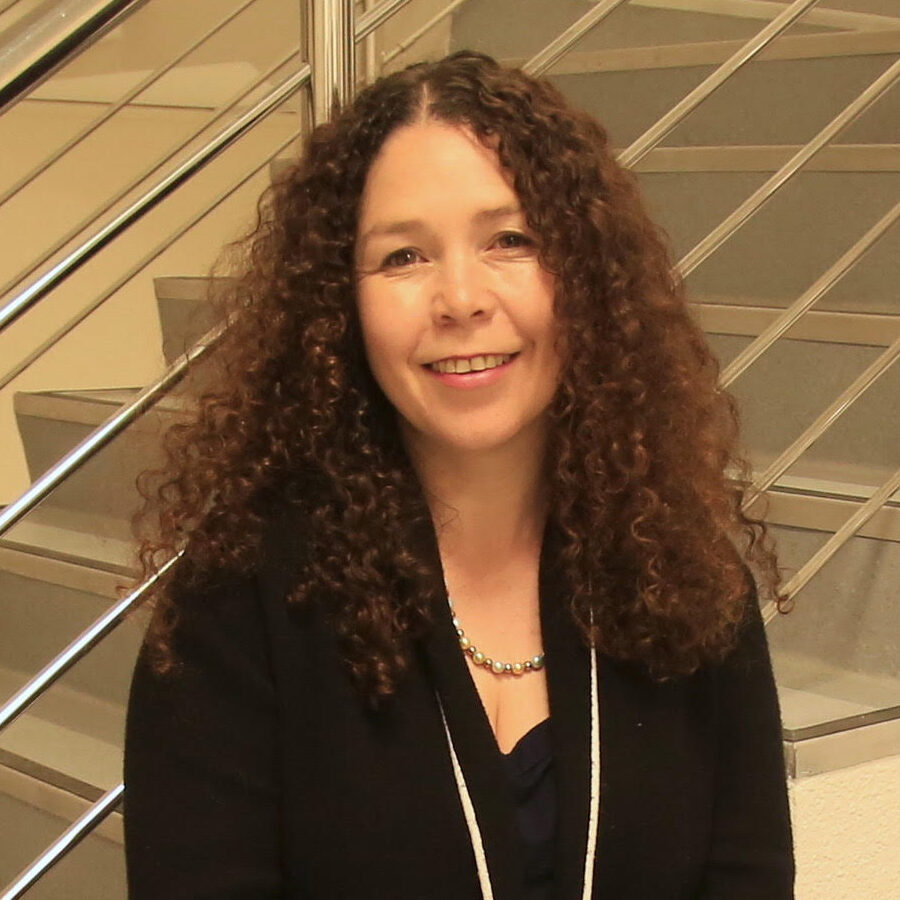
Janice Limson holds the DSI/NRF South African Research Chair in Biotechnology Innovation and Engagement and serves as Director of the Biotechnology Innovation Centre (RUBIC) at Rhodes University in South Africa, where she is a Professor of Biotechnology. Her research focuses on the development of products and processes with direct societal impact. This includes the areas of water treatment and bioremediation, and the development of rapid diagnostic tests for healthcare management in remote areas. Through her work as Chair, she studies how direct science engagement with communities regarding research and technology holds multiple benefits for communities, science students, and ultimately for the successful development and deployment of technologies and products. Through UNICEF funding, her research recently has also focused on the generation of aptamers for rapid diagnostic tests. In 2019, she received a National Intellectual Property Management Office award for being amongst the top intellectual property creators in higher education in South Africa. She serves as Associate Editor of IEEE Sensors and serves on several boards.
Latin America
Ignacio T. Vargas
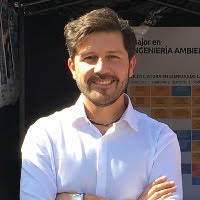
Dr. Ignacio Vargas is an Associate Professor in the Department of Hydraulic and Environmental Engineering at The Pontificia Universidad Católica de Chile (PUC) (#1 Latin American University Rankings, QS World University Rankings 2023) and Principal Investigator of the Laboratory of Environmental Biotechnology and Microbiology at PUC. Currently, he is in charge of the environmental engineering undergraduate program, the Major of Engineering and Environmental Sciences, in the School of Engineering at PUC. His research has focused on studying microbial biofilms, microbial electrochemical technologies, biocorrosion, biogeochemistry, and water reuse (see itvargas.ing.uc.cl).
Committees
Awards committee
Chair: Jeffrey Gralnick (NA)
Members are selected ad hoc by the committee chair
Public Engagement and outreach committee
Chair: Catarina Paquete (EU), Deputy chair: Ola Gomaa (A)
Members: Belén Barroeta (EU, Social media officer), Elizabeth Heidrich (EU), Mirella di Lorenzo (EU, outreach officer), Ola Gomaa (A) and Ignacio Vargas (LA)
Newsletter Editor: Catarina Paquete (EU), Deputy Newsletter Editor: Belén Barroeta (EU)
Membership committee
Chair: Deepak Pant (EU), Deputy chair: Ricardo Louro (EU)
Members: Sunil A. Patil (AP), Jason Ren (NA), Igor Vassilev (EU) and Ludovic Jourdin (EU), Kun Guo (AP)
Conference committee
Chair: Annemiek ter Heijne (EU)
Members: Kun Guo (AP), Bernardino Virdis (AP), Jeff Gralnick (NA), Bruce Logan (NA)
